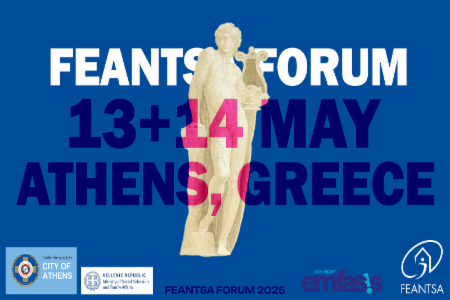FEANTSA's Response to the Clean Industrial Deal
Download the response here [PDF]
The Clean Industrial Deal (CID) sets a framework for Europe’s industries’ clean transition, emphasising industrial competitiveness and sustainability. However, while the plan spells out how EU public funding will serve large industry players, industrial decarbonisation must not come at the expense of the EU budget, which should serve households. We urge the Commission to build the European industry’s competitiveness on a decarbonisation strategy that leaves no one behind and brings the benefits of the transition to the most vulnerable. Our response highlights key gaps and necessary improvements to ensure an equitable transition.
The Clean Industrial Deal (CID) plans to decarbonise and revitalise European heavy industry. This includes lowering energy prices, increasing demand and investment, boosting the circular economy, fostering global partnerships, and re- and upskilling workers. However, the CID dedicates less than two pages to skills and social issues, focusing primarily on ensuring that the industry has access to a skilled workforce.
We are responding to the CID because industrial decarbonisation must not come at the expense of households. This risk arises in several ways: rising prices for renewable raw materials that vulnerable households rely on for heating, the continued allocation of free allowances to major polluters while urgently needed Emissions Trading System (ETS) revenues could instead support those most in need, and the acceleration of critical raw material supply chains without adequate protections for workers. As FEANTSA advocates for the most vulnerable in the energy transition, we are providing feedback on the CID to urge the Commission to build European industry’s competitiveness on a decarbonisation strategy that leaves no one behind and provides opportunities for communities that have long been excluded and good conditions for workers.






